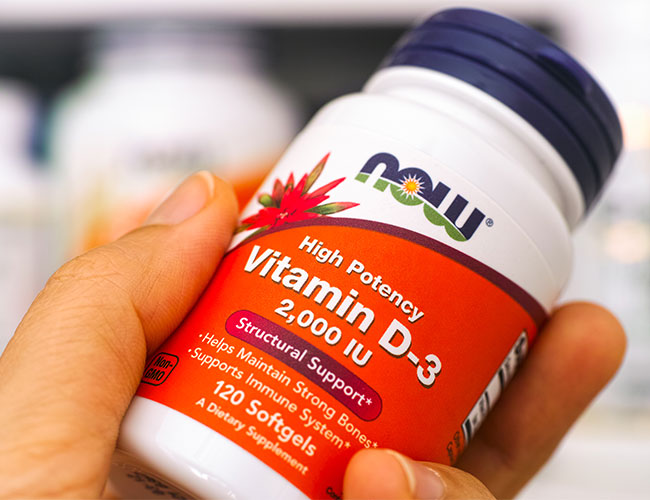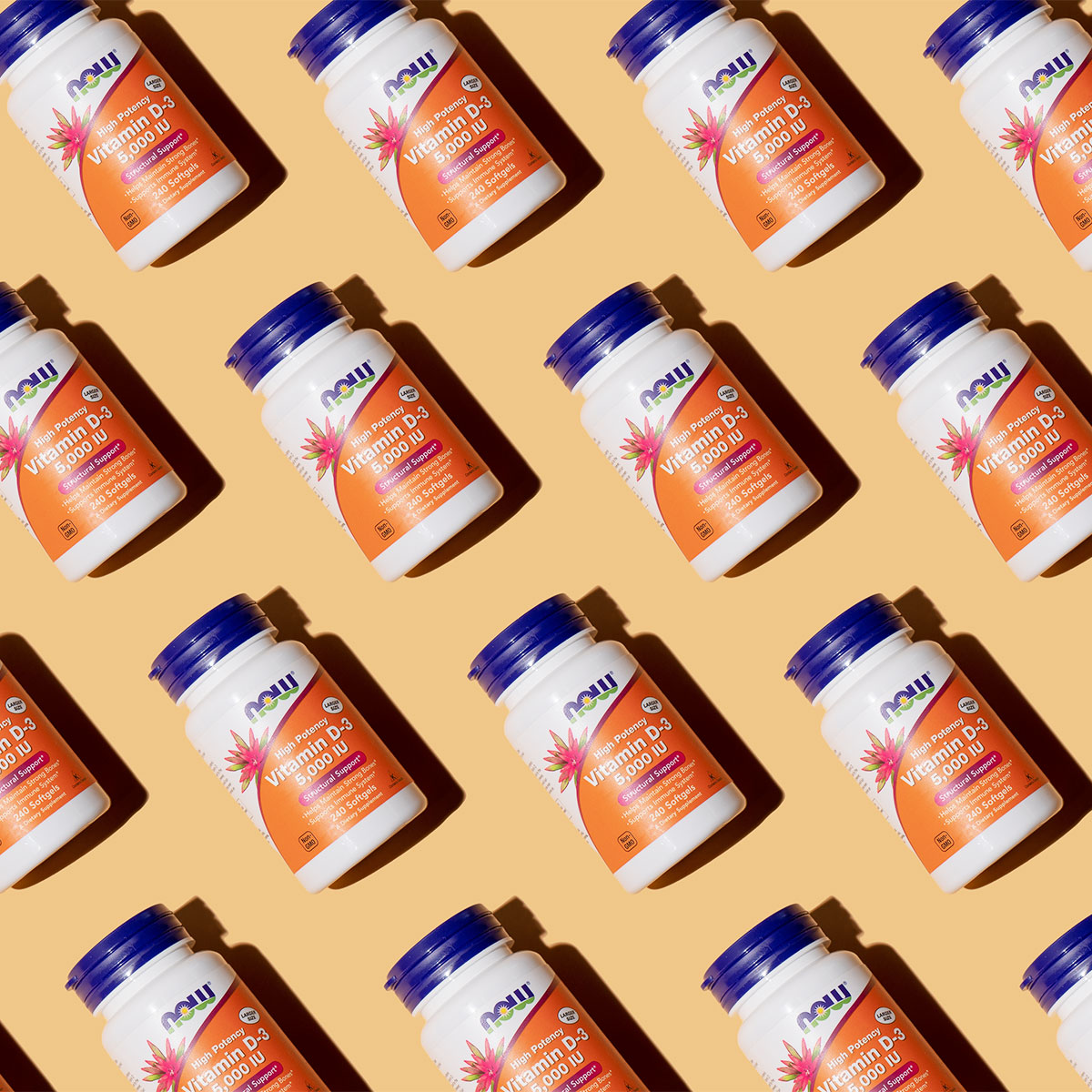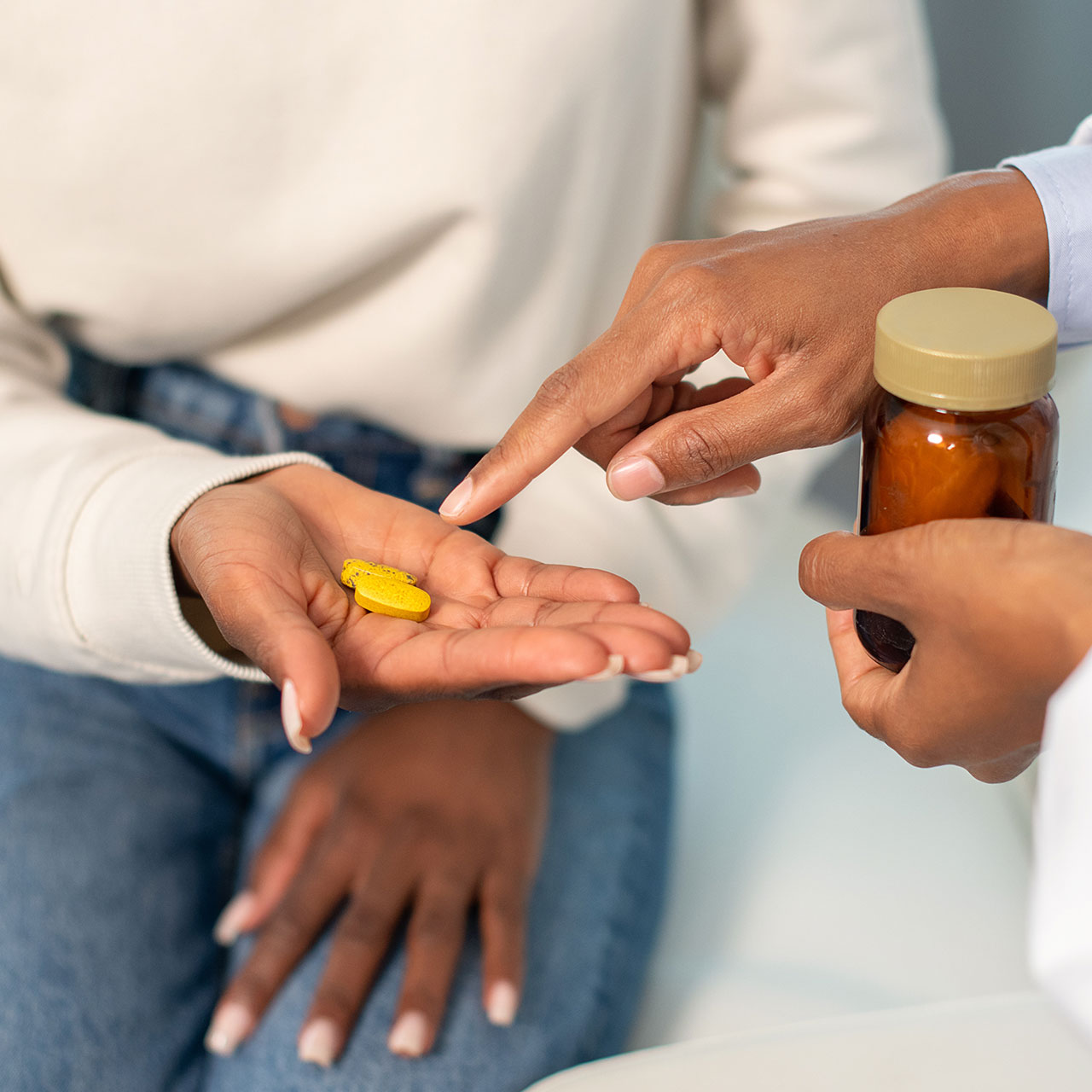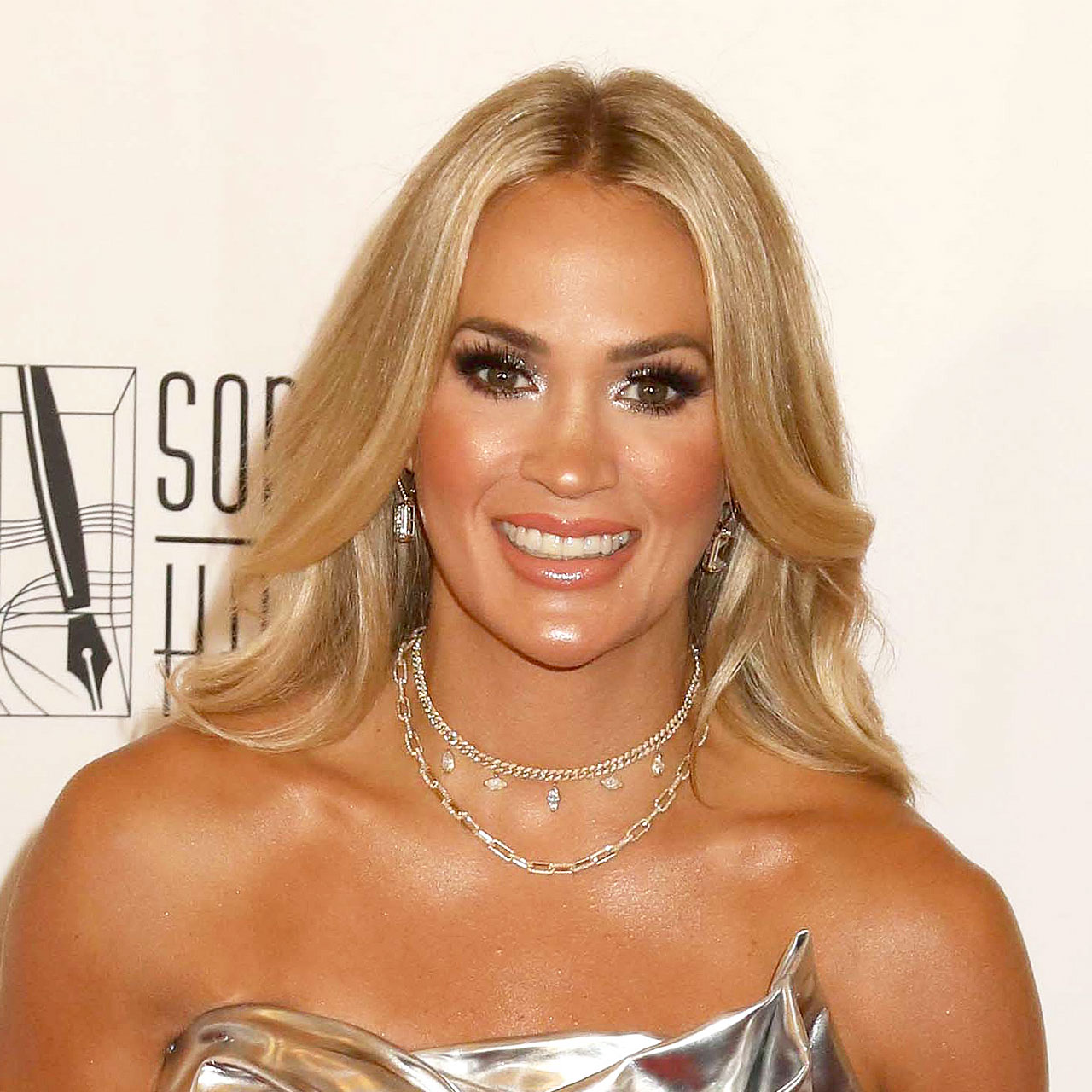Vitamin D, often celebrated for its role in promoting bone health and overall well-being, can turn into a double-edged sword when consumed excessively. While it’s tempting to indulge in the belief that more is better, experts warn that taking too much of this essential vitamin can take a serious toll on your kidneys.
To learn more about how excessive Vitamin D intake can lead to kidney damage and other health issues, we spoke to nutritionist Catherine Gervacio, BHSc, RND. Read on for all over her expert insight and advice on safely consuming this crucial vitamin.


Risks of too much Vitamin D
You know what they say: too much of a good thing is a bad thing. And the same can be true for the vitamins and supplements you take. Gervacio warns that excessive Vitamin D levels can trigger a range of symptoms, from mild nausea and weakness to more severe issues like vomiting and kidney dysfunction. Unchecked vitamin intake can pave the way for various complications, especially in the renal system.
"A condition called hypercalcemia, or excessive vitamin D due to high levels of calcium in the blood, can lead to kidney stones and cardiovascular problems," Gervacio warns. This is a reminder that moderation is key, even with nutrients deemed essential for optimal health.

So, how can individuals mitigate these risks and safeguard their kidney health? Gervacio advises: "To safely consume vitamin D, it’s always best to consult a healthcare professional to determine your specific needs or if you really need supplementation. It’s also a best practice to follow the recommended dosage of a specific brand or the dosage prescription from your healthcare provider."
Moreover, maintaining awareness of natural sources of vitamin D can alleviate the need for supplementation in some cases. "If you’re getting vitamin D from sunlight and are currently taking a supplement, you want to be cautious of sun exposure," Gervacio notes. "As for diet, you want to be aware of the natural food sources of vitamin D so you won’t have to consider supplementation." The best natural vitamin D sources out there include dairy products, orange juice, and more. "Rich sources are egg yolks, and fatty fish like salmon and tuna or meat liver," Gervacio suggests. Got it!

Regular monitoring of vitamin D levels is another cornerstone of responsible supplementation. "Regular monitoring is also important especially when you are taking Vitamin D for a long time. This includes blood tests to determine toxicity or deficiency," Gervacio emphasizes. Paying attention to your intake will allow you to fine-tune your supplementation regimen and mitigate the risk of adverse effects—not only when it comes to Vitamin D, but also any other supplement you take.
Ultimately, while vitamin D undeniably plays a pivotal role in maintaining overall health, excessive consumption can have detrimental effects, particularly on kidney health. By monitoring your intake, speaking to a doctor, and sticking to recommended dosages, you can reap the benefits without putting your health at risk.


























